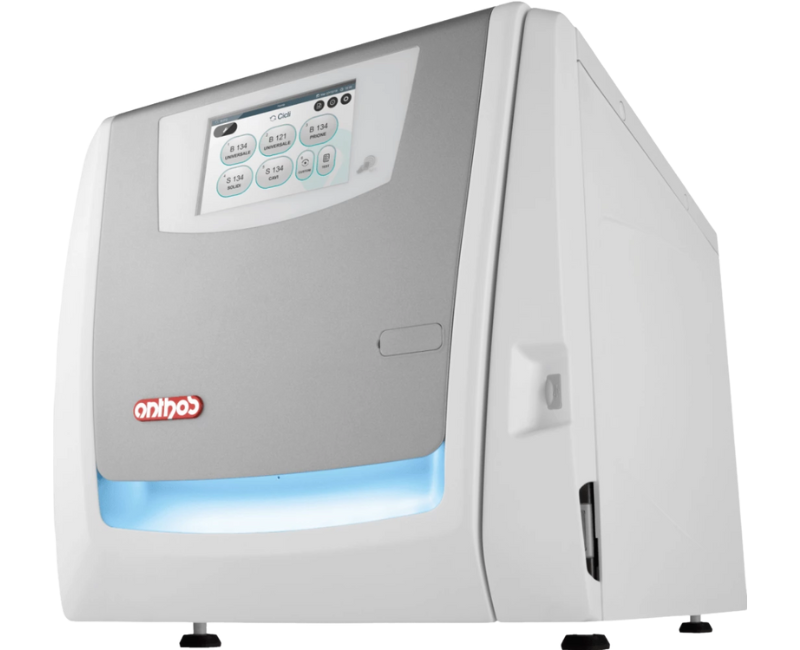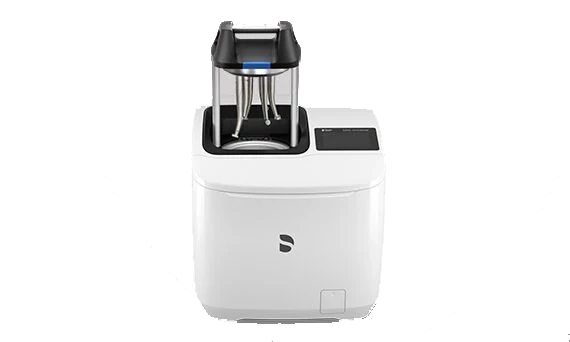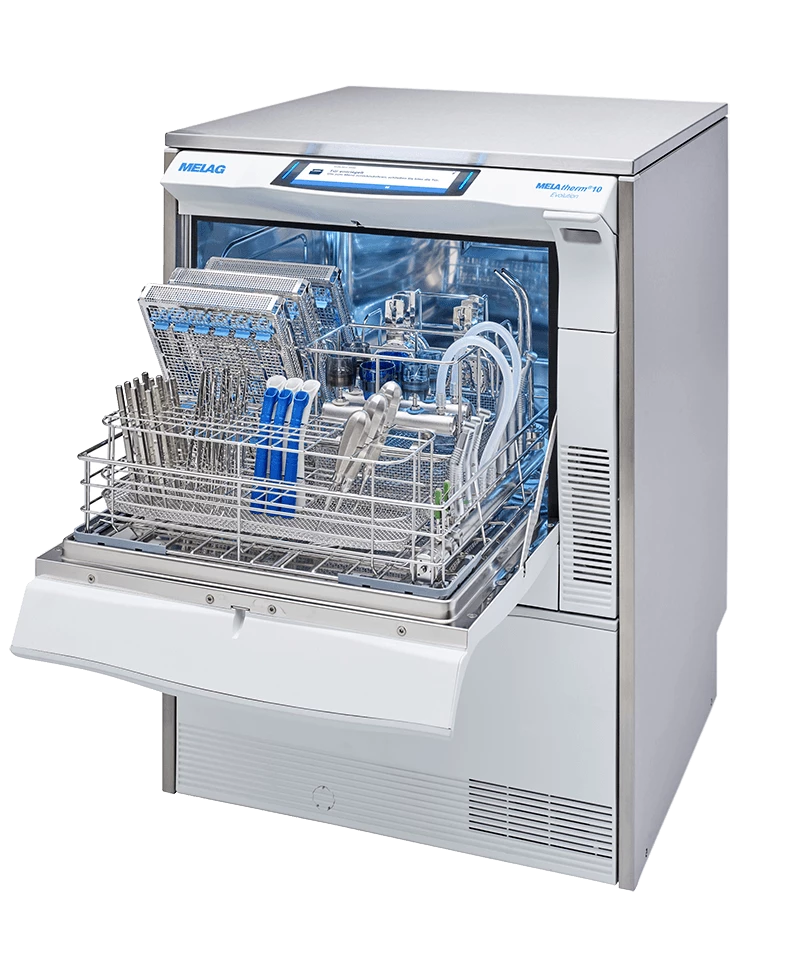In the fast-paced environment of dental practices, ensuring optimal decontamination workflows is paramount. Effective decontamination not only safeguards patient safety, but is also key to the day-to-day working efficiency of your dental practice.
Autoclaves and washer-disinfectors are indispensable tools you will be familiar with, as they are vital to the decontamination process; but is your decontamination workflow as efficient as it could be? In this article, we explore key considerations surrounding decontamination equipment to help you optimise your practice workflows while upholding the highest standards of hygiene.
 The role of autoclaves
The role of autoclaves
Autoclaves are not just optional pieces of equipment in dental practices; they are imperative for meeting hygiene standards and ensuring patient safety. Have you ever imagined what your dental practice would look like without an autoclave? They are the backbone of dental decontamination, ensuring instruments are thoroughly sterilised to uphold the highest standards of patient care.
Many practices now employ a two-autoclave system to ensure they have the equipment available, even in the case of a breakdown. This redundancy is critical for ensuring continuous patient care and practice efficiency. By investing in multiple autoclaves, dental practices demonstrate their commitment to maintaining hygiene standards and prioritising patient safety.
Autoclave type and water quality considerations
When selecting decontamination equipment, you have the choice between vacuum ‘B-Type’ and non-vacuum ‘S-Type’ autoclaves; but what is the difference?
B-Type autoclaves have advanced sterilisation capabilities and offer versatility, making them a preferred choice for many dental practices. These autoclaves utilise vacuum technology to ensure thorough sterilisation, and they excel in sterilising a wide range of instruments and materials, including hollow instruments, sterilisation pouches, fabric, and doubly packed sterilisation items such as surgical cassettes. Their ability to penetrate dense loads and effectively sterilise hollow instruments enhances their value.
Additionally, ‘B-type’ vacuum autoclaves often have the flexibility to perform non-vacuum, i.e., ‘S-Type’ cycles, offering faster sterilisation options when required.
In contrast, ‘S-Type’ autoclaves are designed for specific applications, with manufacturers determining the intended use of each autoclave model. For instance, the Dentsply Sirona ‘DAC Universal S’ handpiece steriliser is tailored for the sterilisation of dental handpieces. Understanding these distinctions is crucial for ensuring optimal autoclave selection based on the specific needs and requirements of the dental practice.
Whether you choose vacuum, non-vacuum, or a combination, water quality matters. Distilled or Reverse Osmosis (R/O) water is essential to prevent impurities and limescale build-up, which can compromise sterilisation efficacy and equipment performance.
Integrating R/O units offers a sustainable solution, providing convenient access to purified water while minimising environmental impact. Have you installed a reverse osmosis unit in your dental practice? Before doing so, make sure you carefully evaluate water quality considerations to ensure easy integration of R/O systems.

Cleaning and preparation of instruments
Thorough cleaning of instruments is fundamental to effective decontamination. Without thorough cleaning, instruments cannot be sterilised.
Manual cleaning processes are time-consuming and labour-intensive, which is why the adoption of medical-grade washer-disinfectors presents a solution. These automated systems offer a comprehensive approach to instrument cleaning, providing thorough washing, rinsing, and disinfection with minimal manual intervention. With cycle times below 60 minutes, washer-disinfectors streamline workflows, allowing dentists to focus on patient care while maintaining stringent hygiene standards.
By transitioning from manual cleaning practices to automated systems, dental practices can significantly reduce the risk of cross-contamination, improve cleaning consistency, and optimise operational efficiency. Furthermore, the time saved from manual cleaning can be redirected towards patient care.
Adoption of washer disinfectors is essential for dental practices seeking to elevate their decontamination protocols. By embracing automation and leveraging the capabilities of medical-grade equipment, dentists can streamline workflow processes while also enhancing infection control measures.
.jpg) Maintenance for optimal performance
Maintenance for optimal performance
Regular maintenance is essential to keep dental equipment operating at peak performance, and decontamination units are no exception. Proper maintenance not only ensures equipment reliability but also prolongs its lifespan.
Remote dial-in support, such as that offered by EasyCheck from Anthos, allows suppliers to diagnose issues promptly and provide timely assistance, minimising downtime and maximising practice efficiency.
Find out more about servicing your equipment with Henry Schein and keep your equipment running seamlessly for longer.

